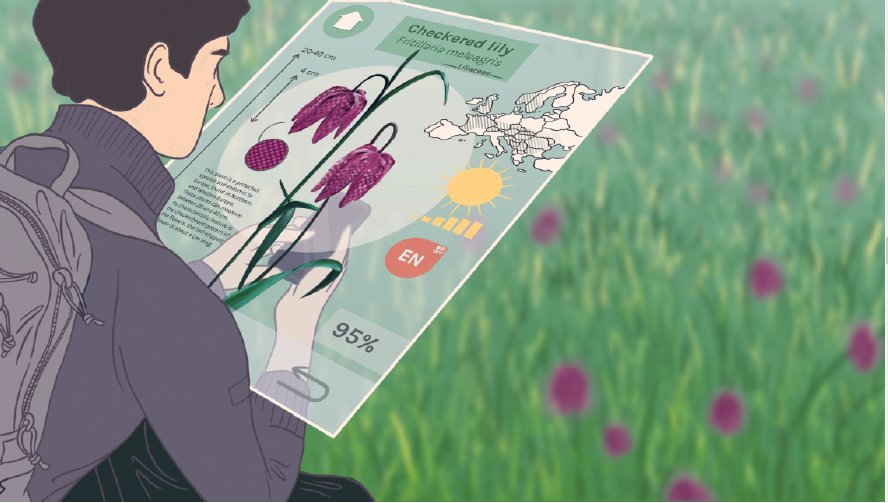How do data, information technologies, and algorithmic cultures contribute to shaping meaning about the environment? This is the broad question at the forefront of our research. Bringing together researchers from information studies, communication studies, ecology, and environmental social sciences as well as a group of societal partners, we examine three key domains where datafication occurs in various ways, for varying reasons, and with varying outcomes:
- Environmental apps and scientific data in everyday life
How is data produced, distributed and redistributed among different apps, services, individuals, organisations, and other actors? What are the consequences of our increasingly technologically mediated relationship to nature?
- ESG (environmental, social, governance) and traceability in textile and fashion industry supply chains
ESG and traceability in supply chains are becoming more common among corporations as pillars of their sustainability efforts. They offer practical means to monitor products and materials as they travel through the supply chain. As such, they are crucial components for verifying social and environmental claims. What challenges and opportunities do ESG and traceability present for environmental communication and governance?
- Cross-platform transformations of environmental advocacy
Social media platforms are increasingly leveraged to communicate sustainability issues. With each platform having its unique features and “logic,” different kinds of content are given visibility across different platforms. How do platform-specific characteristics and forms of engagement shape the form and content of advocacy?
An observatory serves as a collaborative platform for monitoring trends across these three domains and as a testing ground for developing new strategies to critically examine this rapidly changing field.
The following societal partners form part: Wikimedia Sweden, Swedish Library Association, Search Studies Group (Hamburg Univ. of Applied Sciences), Environmental Protection Agency, Nudie Jeans.



